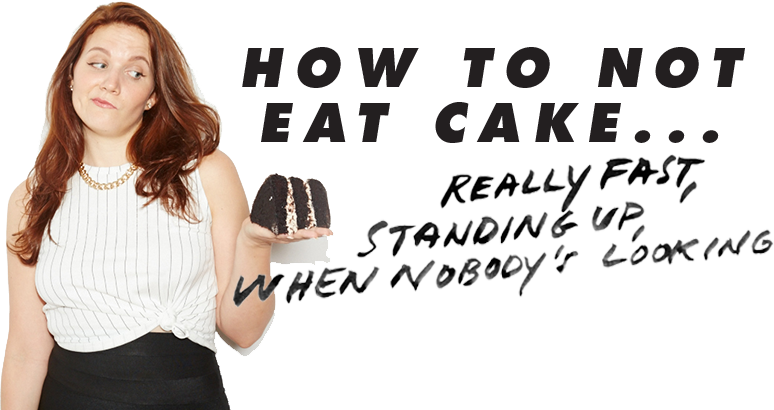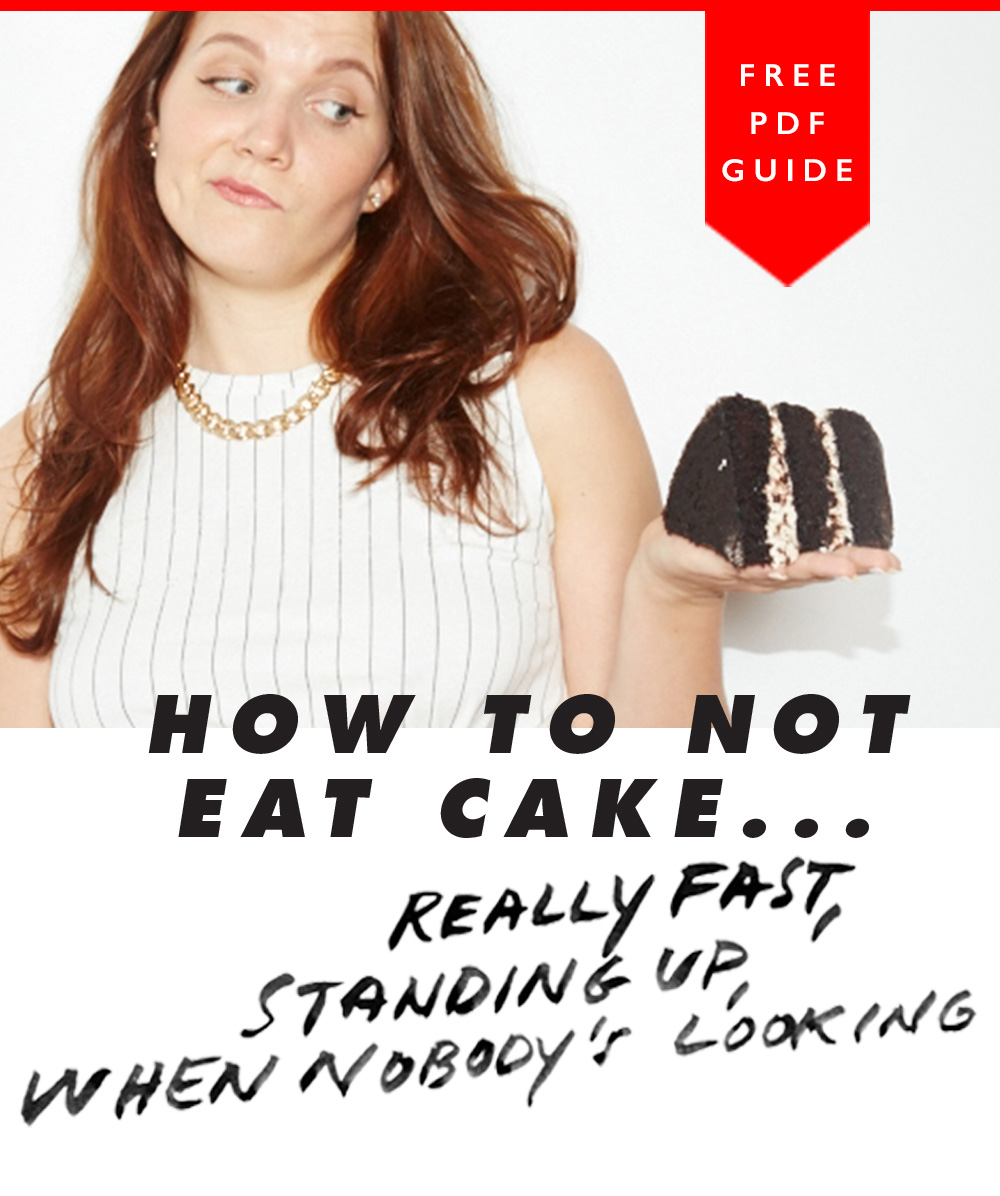But what about “food addiction?”
It wasn’t so long ago that I thought I was “addicted” to food. I was a self-proclaimed food/sugar/white-flour addict.
I thought my only hope of living a healthy life was to pray to God to help me stay away from my “addictive” foods and do everything in my power to abstain from anything I thought could trigger my out of control binge-eating episodes.
Suffice it say— the food always found me, and I was never able to rid myself of my “trigger” foods for any prolonged period of time before “relapsing” into some of the craziest binges of my life.
After years of frustration, I started to look into the science around this “food addiction” thing, and I came across this book, which cited a key piece of research that would change my understanding of emotional eating forever:
Compulsive feelings around food—whether emotional eating or straight-up binge-eating—almost exclusively occur in “restrained eaters,” that is, people with a history of restrictive thoughts, feelings or behaviors around food.
Which suggests that when we apply restraint to emotional or binge-eating (through attempts at abstinence or self-control) we may be contributing to its cause, rather than its solution.
Restraint around food is like gasoline for that feeling that bubbles up inside of us—overcoming all rational thought, will-power, or knowing otherwise—sending us straight into the fridge on autopilot, unable to hold back one second longer.
(And interestingly enough, the “abstinence” model of treating food compulsivity has about the same long-term success rates as traditional diets—that is, very, very low. One of my greatest personal “ah-ha” moments with food was realizing that dieting and the “abstinence” model of treating binge-eating are effectively the same thing, and will likely produce similar results long-term.)
Something to think about.
Like this post? Sign up here for free weekly(ish) coaching emails.

